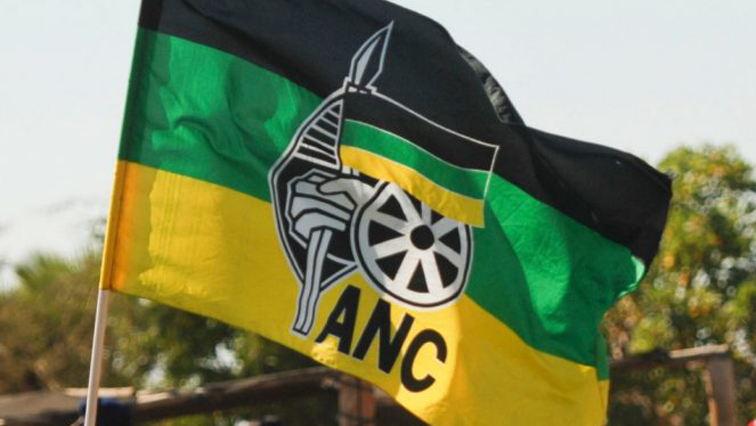This weekend, the ANC, Africa's oldest liberation movement, celebrates its 113th anniversary. This year's 8 January Statement Rally will be held on Saturday at Nelson Mandela Park in Khayelitsha, Cape Town.
The ANC has been the ruling party since the first democratic elections in 1994, marking the country's political liberation from apartheid. However, in last year's general election, the country failed to win a majority in parliament, and the Government of National Unity (GNU) was formed.
Political analyst and historian Dr Zakhele Chamase of the University of Zululand believes that unfulfilled promises and unimplemented parliamentary resolutions were responsible for the party's decline.
He says sectarianism and breakaway parties have also taken their toll.
“Corruption and failure to carry out its mandate have led to the decline of the ANC.Although it has a budget, it is not being utilized to its full potential for the service's benefit, and nepotism is also plaguing the people. The final problem is the factionalism that has arisen within the ANC itself. It has spread beyond them, starting with the UDM, COPE, ATM and uMkhonto. It is because of the factionalism that exists within the ruling party that they arrogantly do not pay attention to because they ignore the majority support that they have on the ground, no matter what happens. Chamase explains.
Chamasse believes the ANC should focus on implementing policies rather than paying attention to opposition parties and critics.
“Focus on your program. The ANC has a very good program and very good policies. No party in South Africa has better policies than the ANC, both nationally and internationally. , the problem lies in the implementation of that policy and the misdirection of budgets and funds to implement that policy,” Shamase said.
ANC NEC to meet in Cape Town:

